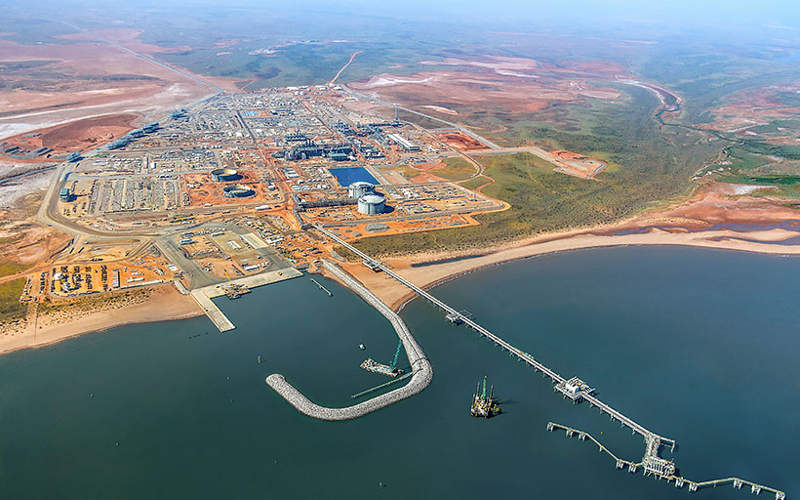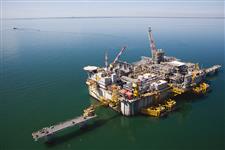
Chevron Australia LNG Workers Threaten to Resume Strikes as Talks Falter
Posted 06/10/2023 13:29
Efforts to finalize the agreement that brought an end to strikes at Chevron's two Australian liquefied natural gas (LNG) plants have hit a roadblock. Workers voted to resume stoppages after unions accused the U.S. energy giant of failing to uphold commitments made during negotiations.
In late September, workers had called off major strikes following the acceptance of pay and conditions proposals put forth by Australia's industrial arbitrator, the Fair Work Commission (FWC), which were also embraced by Chevron.
However, after almost two weeks of discussions aimed at translating the FWC's broad recommendations into a legally binding contract, unions claimed that Chevron was backtracking on significant commitments.
During a late-night meeting, workers voted in favor of resuming strike action at the Gorgon and Wheatstone facilities, which collectively account for approximately 7% of global LNG production, according to an unnamed union representative.
Before initiating any strikes, unions must formally provide Chevron with seven days' notice. This notice is expected to be issued on Monday, as stated by the union representative. Following the notice period, unions possess the right, though not the obligation, to proceed with a strike.
Earlier in the day, Chevron had announced that it continued to collaborate with all parties to finalize an agreement based on the recommendations made by Australia's industrial arbitrator in September.
Energy analyst Saul Kavonic remarked, "Ideally, neither party wishes to see strikes occur again, and a vote in favor of striking will exert pressure to conclude the agreements. However, if trust continues to erode, we could quickly find ourselves back where we were a month ago."
Kavonic added, "Overall, it remains highly likely that this will be resolved one way or another without a significant supply disruption."
While Chevron and the unions had made progress in drafting the agreement, disparities persisted on matters such as meal reimbursement and travel expenses related to training, as stated by a second union representative participating in the negotiations.
Should both sides fail to reach an agreement, the matter could return to the commission. The commission had been scheduled to commence hearings on whether to intervene and terminate strikes when the parties reached an 11th-hour accord.
These hearings were adjourned for four weeks in late September to allow time for the agreement's drafting. Chevron would need to provide seven days' notice before reopening the matter.
Weeks of strikes at Chevron's Gorgon and Wheatstone facilities disrupted natural gas markets, though no LNG shipments were impacted.









